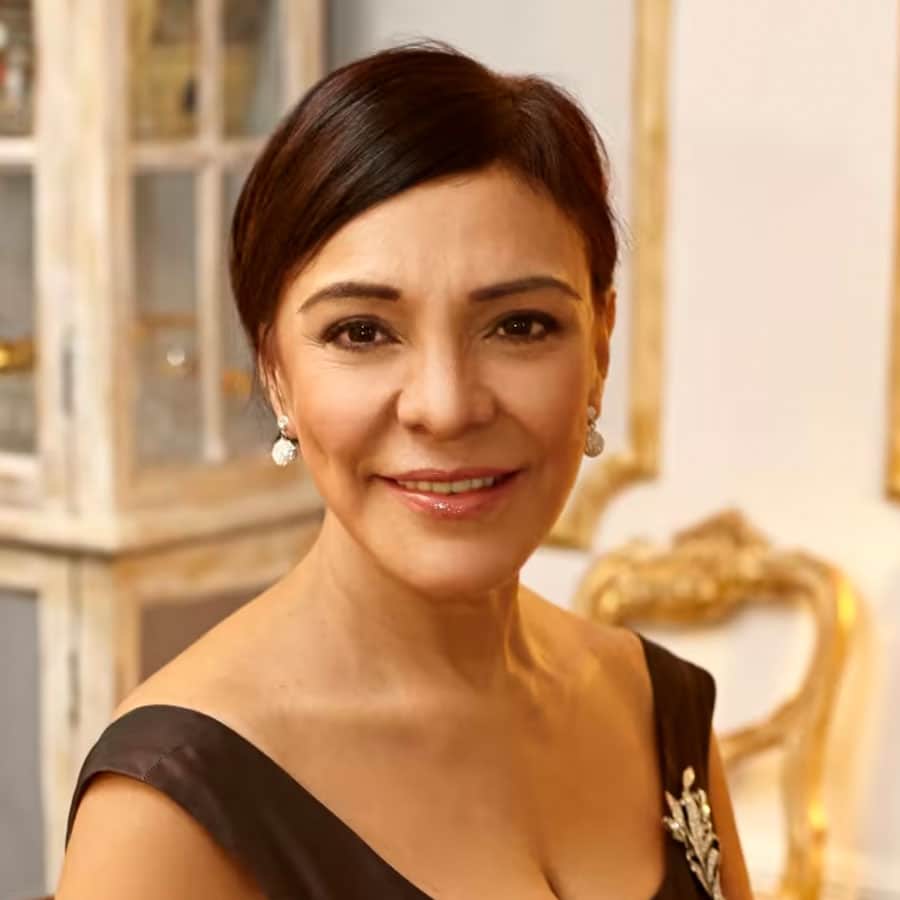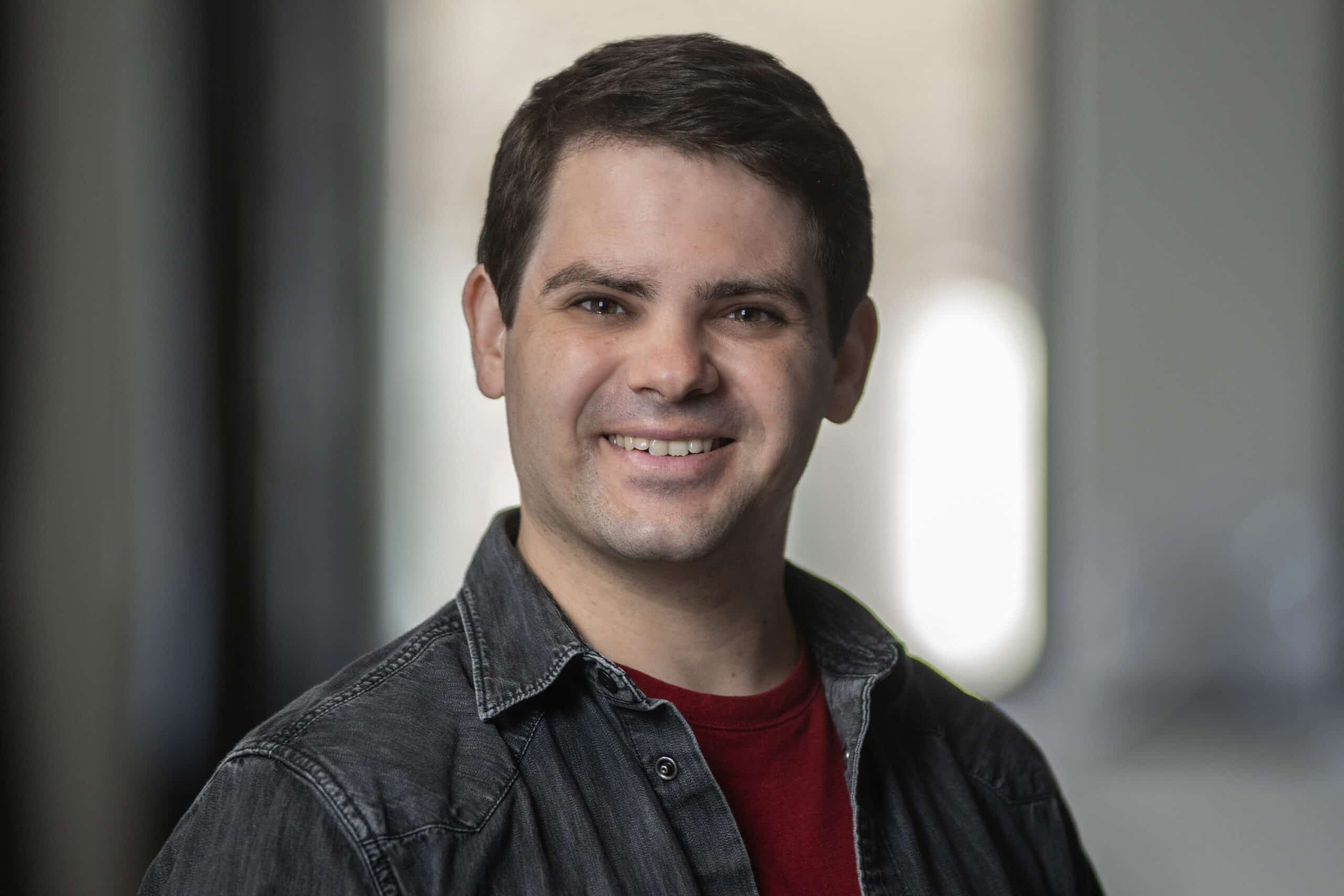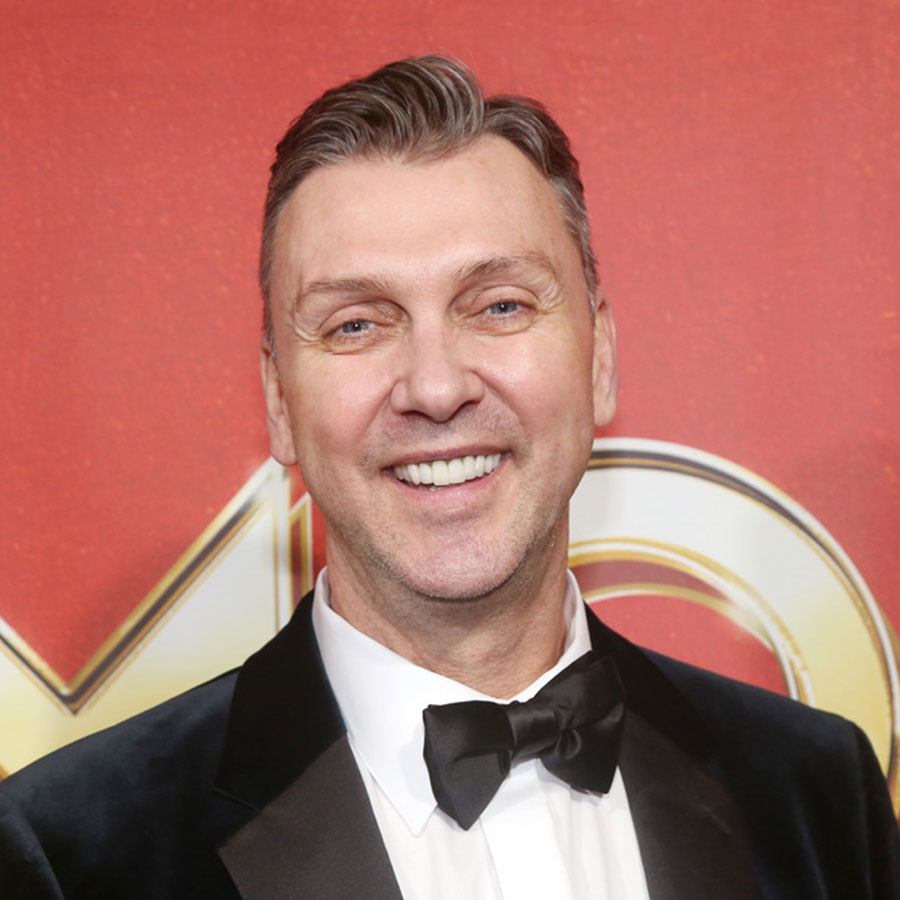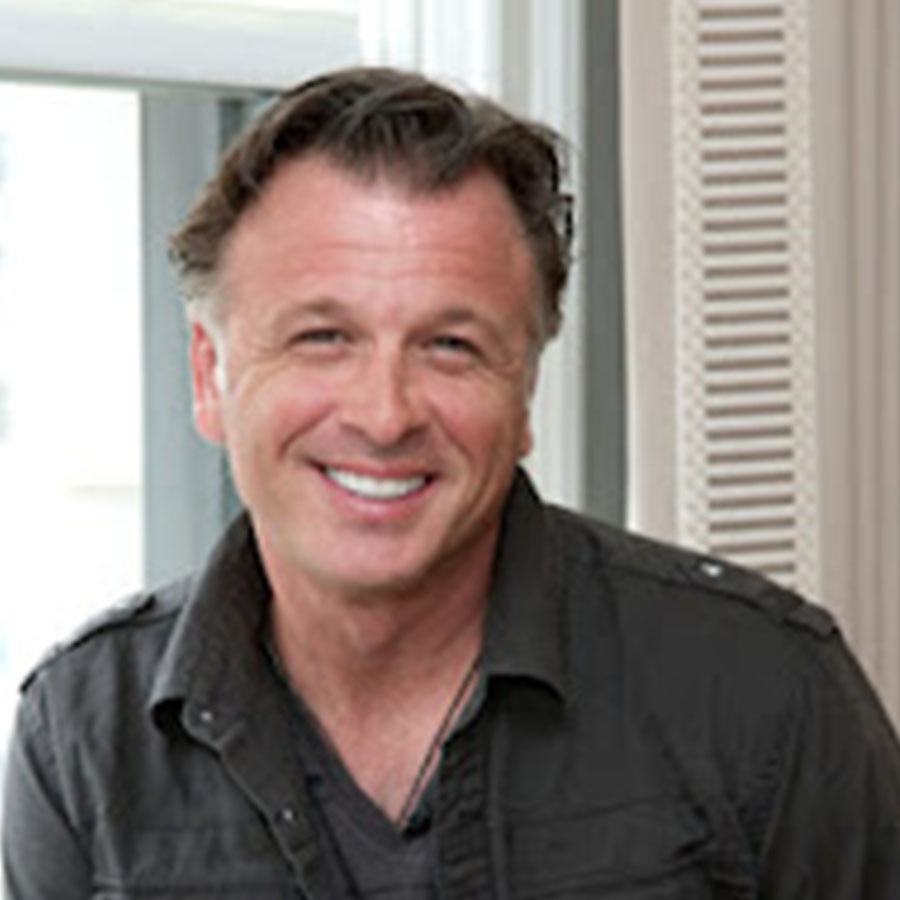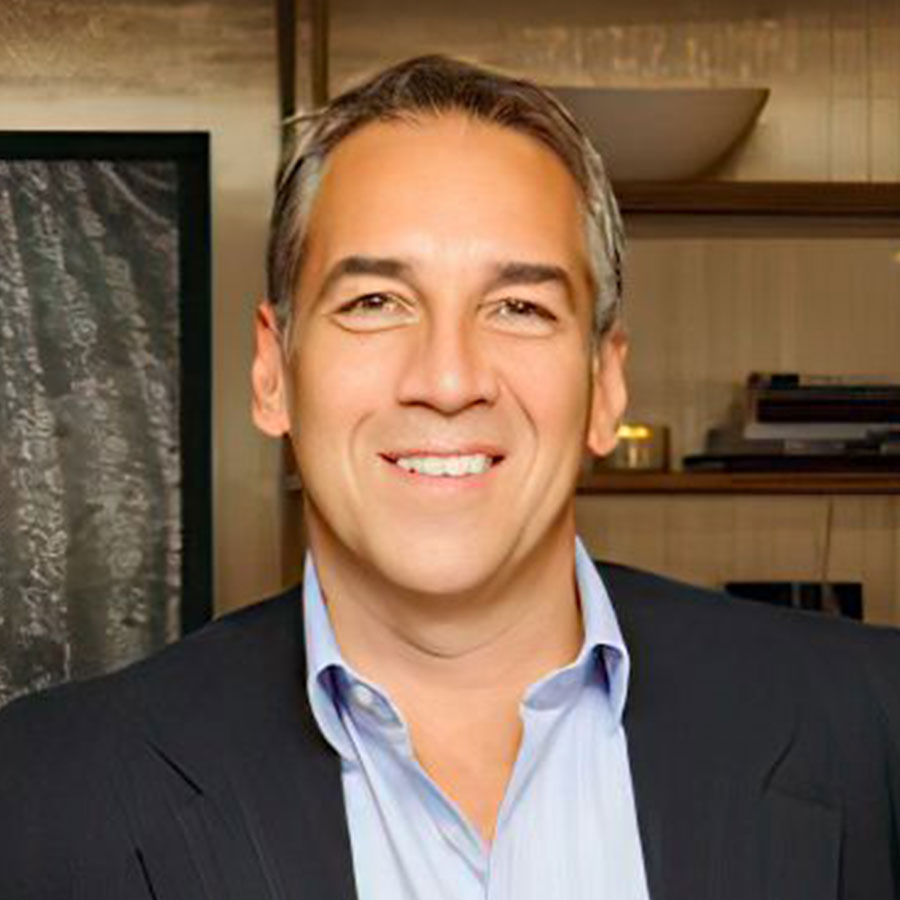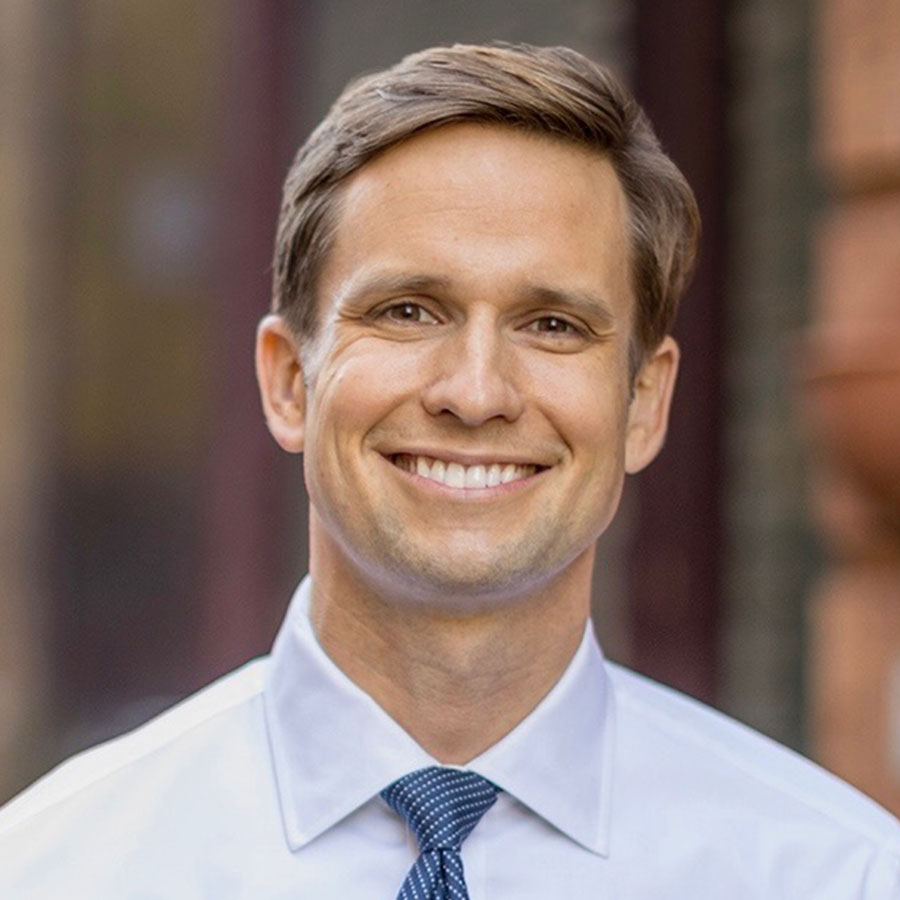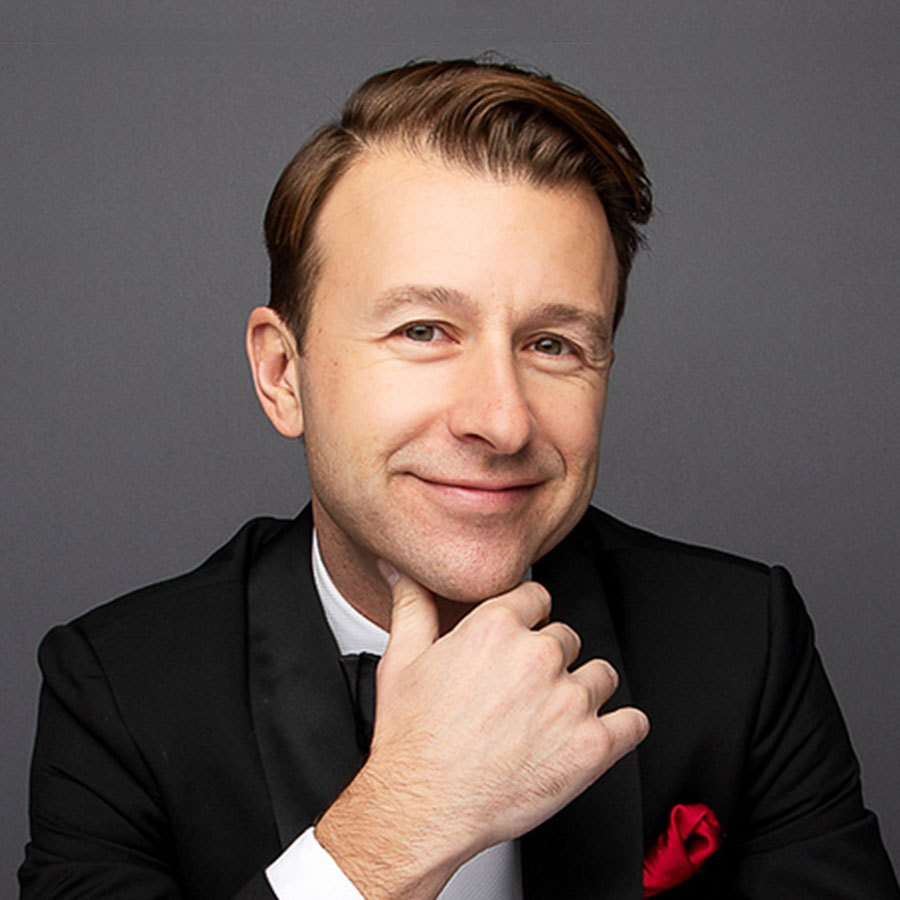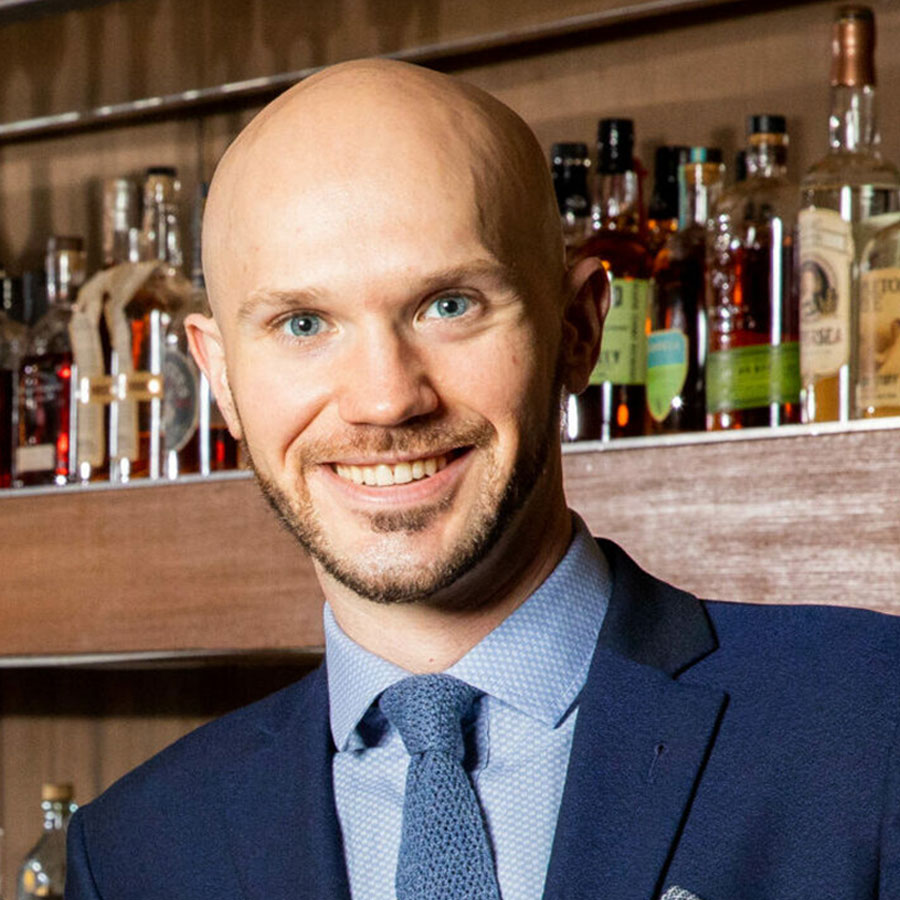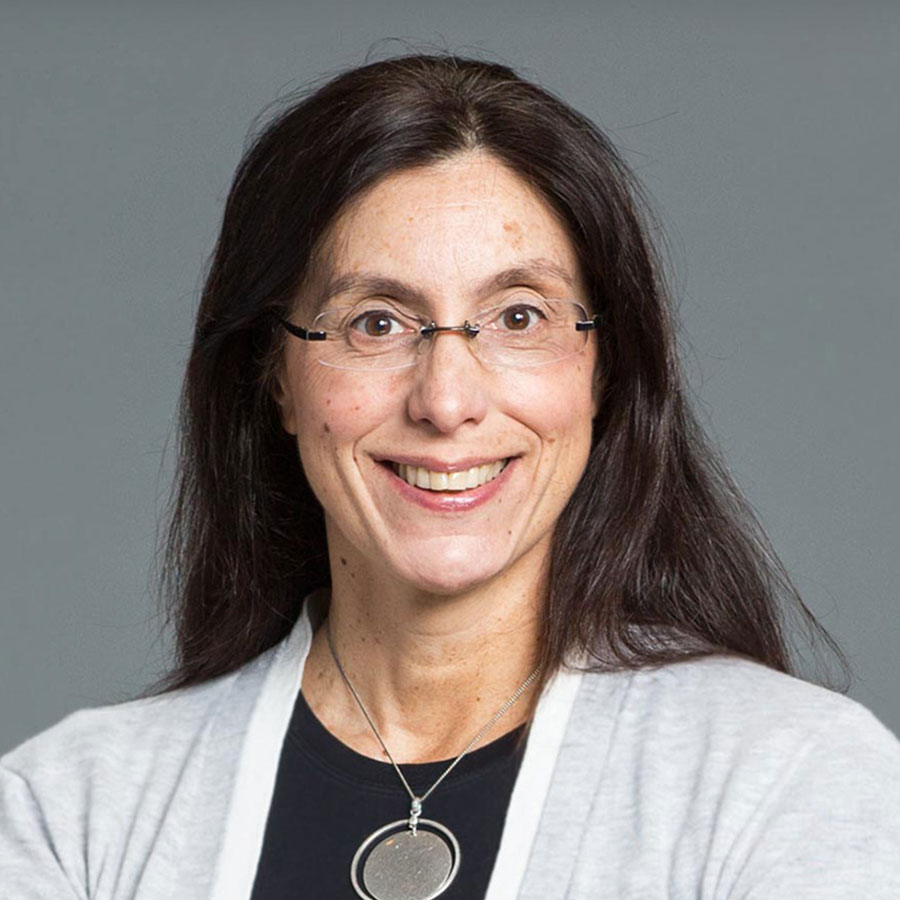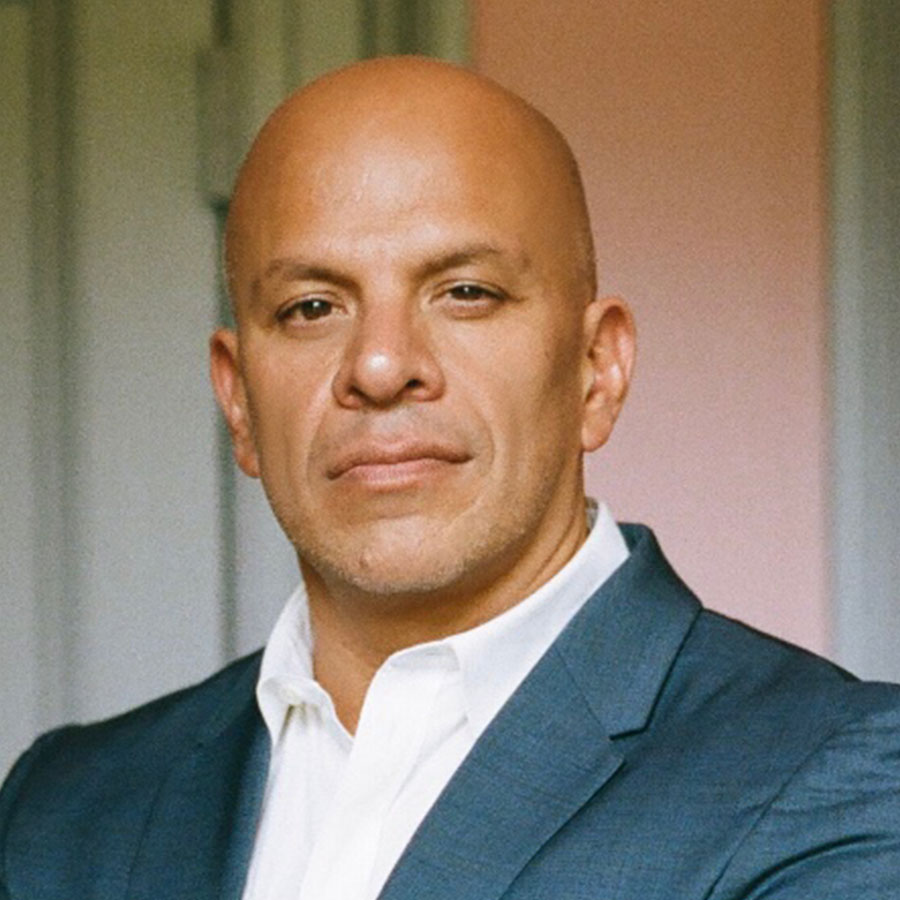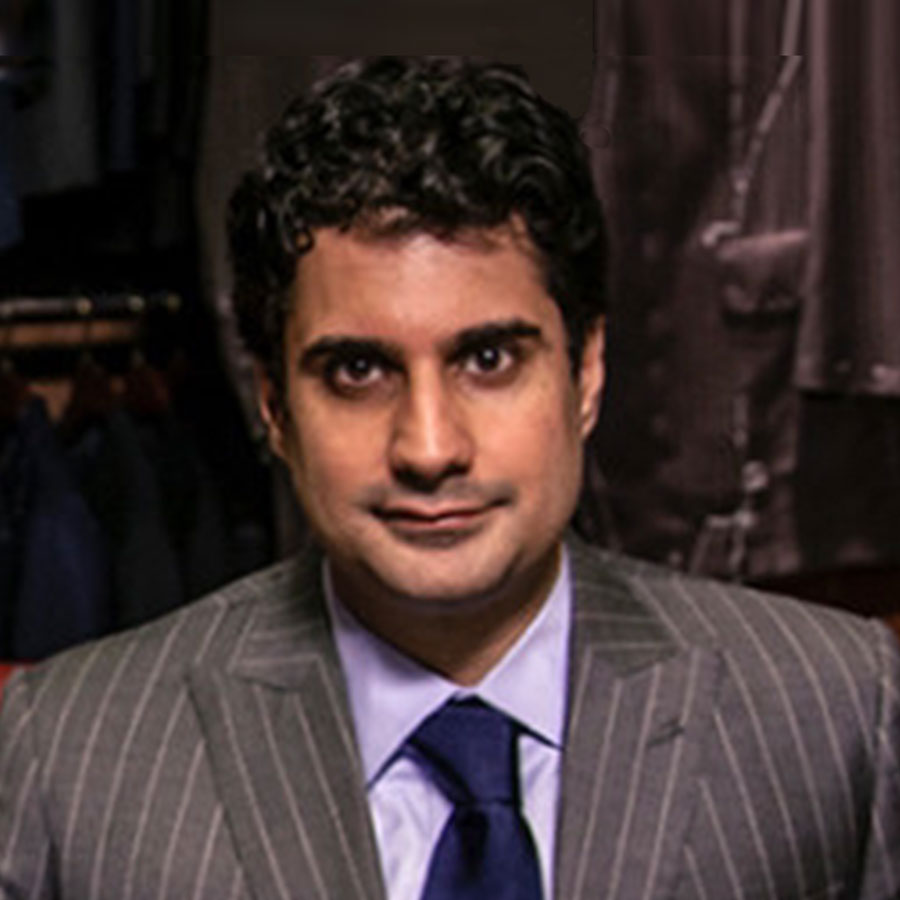Monica Yunus has performed with the world’s leading opera houses, including The Metropolitan Opera and Washington National Opera, and in recitals in Spain, Guatemala, and her native Bangladesh.
She is also the Co-Founder of Sing for Hope. She has been named a 2016 Young Global Leader of the World Economic Forum, honored with a 21st Century Leaders Award, as “New Yorker of the Week” by NY1, and named one of the “Top 50 Americans in Philanthropy” by Town & Country.
A leading voice in the “artist as citizen” discussion, she has performed and spoken at Fortune’s Most Powerful Women Summit, Skoll World Forum, Aspen Ideas Festival, and the United Nations. The daughter of Nobel Peace Prize Laureate Muhammad Yunus, Monica is a graduate of The Juilliard School.
1.
Paul & Vince: So, Monica, how did you come to live in New York City, and how did you come to be an opera singer?
Monica: Well, I am very fortunate that I grew up close to New York, in Jackson, New Jersey. In my formative years, I grew up with my Russian-speaking grandparents and sang with my grandmother in the Russian Orthodox Church, which was a walkable distance from my home — you could hear the bells chime from my backyard.
My grandmother had a beautiful voice but never had a chance to develop her talent. I was that kid who was constantly singing. All my neighbors could hear me from my driveway, just singing to whoever would listen, including people who might not want to listen! [Laughs]
Paul & Vince: What were you singing?
Monica: I would make up songs. I would sing jingles, anything — the “Facts of Life” TV theme song — you name it, I would sing it. My mother was great about seeing this and saying, okay, we have to do something about this. She took me to a Russian opera singer who happened to live in New Jersey — she had sung with some of the greats.
Simultaneously, I auditioned and joined the children’s chorus at the Metropolitan Opera. I had no background in opera, except that I loved to sing, and then I found this magical world.

Paul & Vince: Wow, so as a child, did you even understand what you were singing or what the story of the opera was about?
Monica: Yes, absolutely. You do have to know what you’re singing about and know the context. Of course, there’s translation involved; you’re not expected as a child to speak all of those languages, Italian, German, French, Russian…There’s a lot of diction and enunciation training because the language has to sound native. So we worked a lot on that.
Paul & Vince: That’s amazing. When did you start to take the idea of a singing career seriously?
Monica: Always…I felt strongly, “I want to be a singer.” That’s what I’m going to do. That led to a lot of different auditions. I did Boston University’s Tanglewood Institute, a summer music training program for students in Lenox, Massachusetts.
I went to Juilliard for my undergrad and my masters. A very New York experience. I was always looking across the street, thinking, oh, I want to sing at the Metropolitan Opera; I want to sing at New York City Opera. Julliard was in the epicenter of this cultural mecca if you will.
Paul & Vince: Was it competitive, though? Juilliard. You say you’re looking across the street and seeing Lincoln Center, but everyone else in your class is thinking the same thing.
Monica: No, that’s sort of a stereotype of Juilliard, that it’s super competitive. It’s the same at any Ivy League college — you’ll encounter that competition in every industry.
Paul & Vince: So, what was your first big singing role as an adult?
Monica: Well, when I made my debut at the Metropolitan Opera in The Marriage of Figaro, singing Barbarina, it was an incredible, full circle moment. I had friends, colleagues, and family in the audience that night, and it was wonderful. It’s something that you only dream about.
Paul & Vince: That sounds like an extraordinary moment…and you’ve been on the stage at the Met many times since then, haven’t you?
Monica: Yes, but it never gets old. I can’t stress that enough.

Paul & Vince: What does a typical day as a professional opera singer look like for you?
Monica: I think for performers in general, there is no such thing as a typical day because, on any given month, you may be working, you may not. For example, when I was in production last month, I would get up, I would work out, I would look over my score, I would be at my computer because, as the Co-Founder of an organization, Sing for Hope, we have a staff with things going on every day.
Then off to rehearsal and being prepared and ready to sing and having costume fittings or wig fittings, or whatever it may be on that particular day, leading up to a week of technical rehearsals and performances.
2.
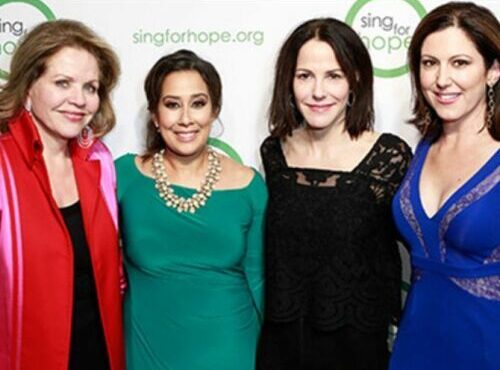
Paul & Vince: Can you tell us more about your organization, Sing for Hope?
Monica: Sing for Hope is a nonprofit co-founded by Camille Zamora and me. We were both voice students at Juilliard when the September 11th tragedy happened. Afterward, we gathered some friends to sing for the firehouse that shares the same city block as Juilliard.
That was the catalyst for why we started Sing for Hope. We wanted an organization for artists to contribute and connect with communities through their art. We thought, how can we connect our art form to what people go through during tragic events and what people go through daily?
Paul & Vince: Wow. So, what’s going on with Sing for Hope today?
Monica: So today, Sing for Hope is sixteen years old. We produce the country’s largest public art project, the Sing for Hope Pianos.
Paul & Vince: Wow, how does that work?
Monica: Visual Artists design the artwork on each Sing for Hope Piano. Then, we place them in public spots around the city, and we’ve taken them to other cities and abroad.

Paul & Vince: Well, we’ve heard that civic leadership runs in your family…your father, Muhammad Yunus, has won a Nobel Prize, has he not?
Monica: Right, no pressure!
[Everyone laughs]
Monica: Yes, he was awarded the Nobel Peace Prize in 2006 for creating the Grameen Bank, which is in Bangladesh, and its concept of microcredit has been replicated in well over 140 countries worldwide. I’ve had the wonderful opportunity to travel the world with him, and I feel like working with him, I’ve earned a mini-master’s degree in the process, in terms of the kind of scope and creative thinking he’s used in so many endeavors.
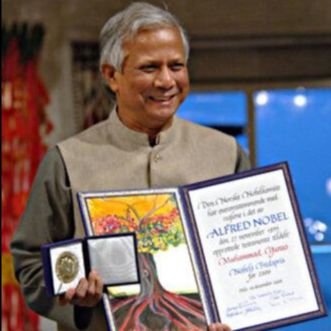
3.
Paul & Vince: Could you let us in on a few things that most people don’t realize about your job?
Monica: Well, consider that opera singers are some of the best multitaskers. There’s a show onstage, where we’re acting and singing in long phrases, with very heavy costumes. Then we’re watching a conductor wave and set a rhythm; we’re also performing with an orchestra of 80 people that we can’t even see! Then add the lights, and sometimes you have screens to look at on the side of the stage, in case you can’t necessarily look directly at the conductor. So there’s a lot of stuff to manage, physically and mentally.
Sometimes you have very heavy, 17th-century costumes. There could be a very modern interpretation, where you wear jeans and sneakers — it depends on how the director and production team have envisioned it.
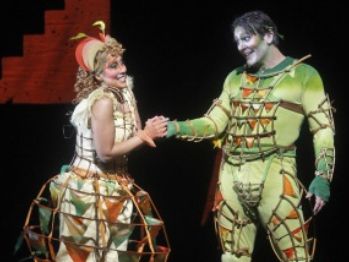
Paul & Vince: Have you sometimes been physically uncomfortable in the costume you have to wear?
Monica: Yes, I remember one time — I had to ride a bicycle in a figure-eight pattern on stage, wearing a very heavy long skirt. It was really hard. So every night, I would say, can I get through that scene without my skirt getting tangled up in the wheels of this old-fashioned bicycle?
Paul & Vince: Let’s say a day of performance; how are you preparing physically and mentally for that moment?
Monica: I have my own little sort of routine where I will look through every page of my score and mentally go through it. So just a mental rehearsal, if you will, I think it’s really important. I make sure that I have foods that will not upset my stomach.
I like to eat three or four hours beforehand, depending on where I start in the opera. I did The Magic Flute at the Met, singing the Papagena role, and my first entrance on stage wasn’t until about 10:30 at night, just because the character came on so late in the show. I would sleep that morning and try to get myself re-oriented to be most awake and thriving in the evening.
Paul & Vince: This is so interesting. What have been some of your favorite performances around the world?
Monica: Well, I’ve sung at a couple of different venues in Spain with the Queen of Spain attending, which had an interesting set of protocols, like how she comes in, how you greet her, and that kind of thing.

At the Nobel Peace Prize Concert, when my dad won, I got to sing in honor of him in a stadium with over six thousand people. Of course, that was another moment I’ll never forget, because he was an honoree, and there were so many famous people at that concert, some of my idols, like Lionel Richie!
4.
Paul & Vince: What are some of your favorite things to do in the city on your day off?
Monica: I have to give a shout-out to 28 Liberty Street, Sing For Hope’s headquarters, and also houses Danny Meyer’s restaurant Manhatta, on the top level — the 60th floor. It’s an incredible restaurant and event space — I love going up there for a cocktail or dinner, and the views of the city are like no other. On a clear day, you can see 360 degrees around. They’ve been incredible about giving us space for the Sing for Hope Pianos. We’re the cultural animators of that building, so we are very excited and grateful for that.

Paul & Vince: What about other neighborhoods? Do you like to shop?
Monica: Oh, I like to do window shopping. I love walking around SoHo and Tribeca and just seeing what’s going on in the art galleries down there. Then just great eats…I’m a fan of pizza. I love Patsy’s Pizza; it’s fantastic. It’s great to go see a show; it’s great to see anything, whether it’s on Broadway, the Met…Enjoying the plethora of activities…It’s endless, just fantastic.
…and one more, Just For Fun
Paul & Vince: Now it’s time for the Just For Fun question. If you could hang out in a fictional place for a day, where would you choose and why?
Monica: I would choose Narnia, from The Lion, the Witch, and the Wardrobe, because I just loved that book as a child. I love the idea that you could have a place where you knew you would be in a completely different world if you walked through that door.
And if you could make it up, then maybe it’s your go-to calm place where everything is just beautiful and calm. Wouldn’t it be nice to have a beautiful place like that, that we could all go to?
Paul & Vince: So, what would Monica’s calm place be? Would it be as in Narnia, in a snowy forest?
Monica: Hmmm…mine would be at a beach with perfect temperature…the water not too cold, very Caribbean-like. Very clear waters, very easy, breezy, the perfect temperature with access to beautiful, fresh, exotic fruits that I don’t have access to, like the best papaya, or the most wonderful mangoes.
My dad always teases me because he’s like, oh, you don’t know what mangoes are! In Bangladesh, we have hundreds of varieties of mangoes, and during the mango season, it’s just incredible. It’s like nothing you’ve ever tasted, and it is true — when I’ve been to Bangladesh, the fruits there taste different. They’re so much juicier and taste just so much more alive. I picture a beautiful plate of exotic fruits at my disposal, beautiful waters, and a beautiful beach to walk on whenever I want.
Paul & Vince: Very nice!
Monica: Don’t you like it? Don’t you want to go?
Paul & Vince: As long as the lion is tame!

Original artwork by Jolisa Robinson, Gavriani-Falcone Team Marketing


